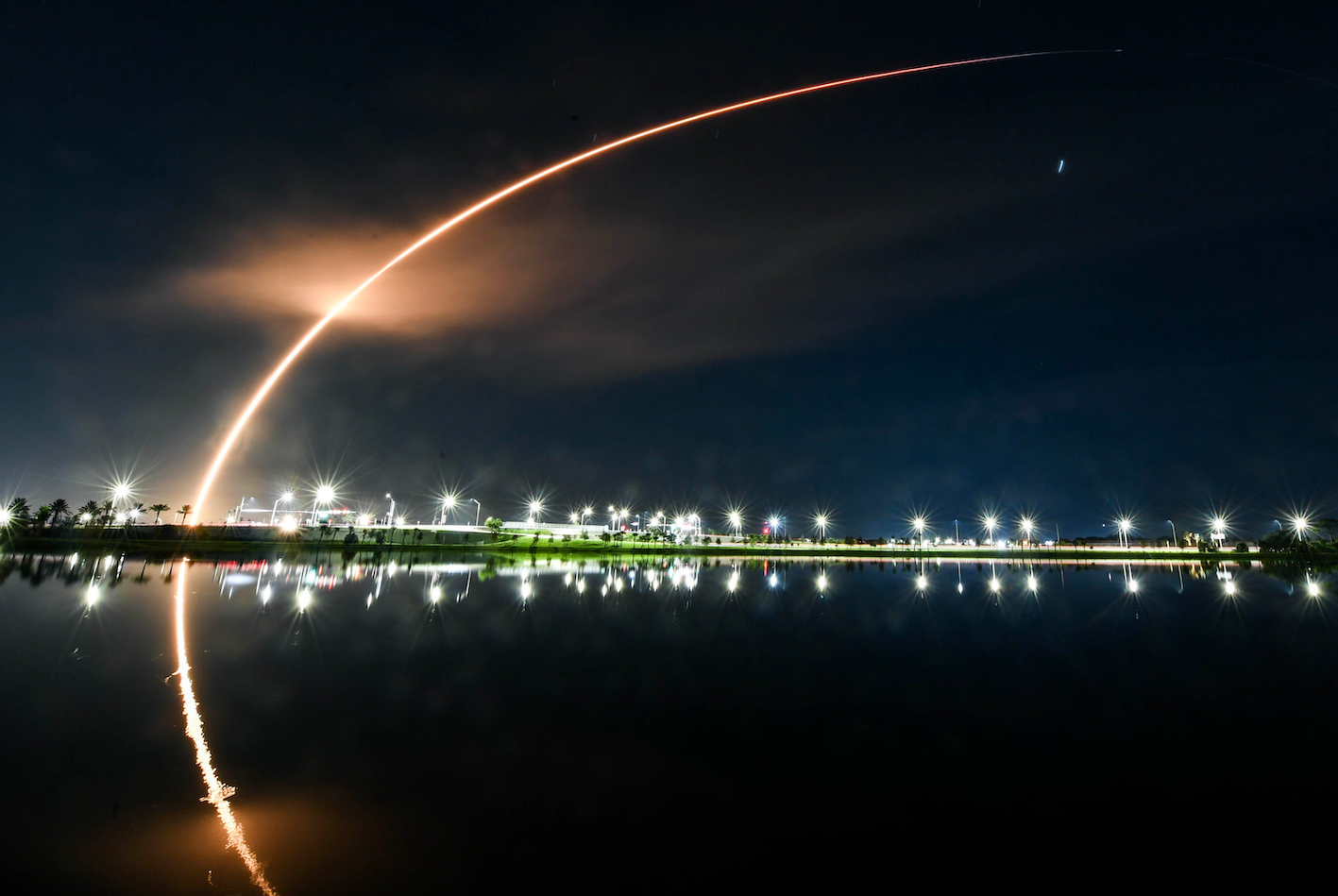It’s no secret that political and military tensions about our use of outer space are rising. Recent developments at the United Nations have exacerbated this. After several worthwhile sessions dedicated to developing norms, principles and rules for responsible behaviour in outer space, the Open-Ended Working Group (OEWG) concluded its last session without reaching agreement even on the most basic procedural description of the meetings.
Most blame Russia and a handful of other states, including China, for imposing unworkable red lines behind closed doors. Publicly, Russia referred to the focus on norms as a “fundamental flaw that proved fatal,” while clearly revelling in this so-called failure. Regardless of where the fault lies, the consequence — a space environment increasingly at risk of armed conflict — threatens us all.
Work at the United Nations on negotiating an international agreement on PAROS — the prevention of an arms race in outer space — has long been immobilized by competing priorities. Among the staunchest supporters of PAROS, Russia has remained focused on a legal ban on the placement of weapons in outer space — a focus that grew out of objections to the Reagan-era so-called Star Wars missile defence program. Most Western states, meanwhile, have sought to address threats from ground-based anti-satellite (ASAT) capabilities, while resisting restrictions on space technology, which they argue would hinder innovation and be difficult to verify.
The upshot is that, despite more than four decades of collective effort, the goal of banning weapons in space remains elusive. Efforts have been hindered by the difficulty in discerning such capabilities and in differentiating harms from benefits. A satellite is just a satellite until used to do harm. Meanwhile, threats to satellites themselves continue to proliferate.
The focus on norms of behaviour at the OEWG was intended to get past this diplomatic logjam. Work began last year to develop a shared understanding of the types of activities and capabilities that states find threatening, and of how perceptions of threat might be mitigated through specific norms of behaviour. The goal was to prevent misunderstandings that might escalate into armed conflict, either in space or on Earth. Without such a common understanding, we remain plagued by uncertainty, insecurity and mistrust.
I had the privilege of contributing to the OEWG and witnessed first-hand a wealth of constructive ideas and goodwill being shared among state participants. There was a sincere effort to work toward mutual obligations and restrictions that would mitigate the risk of conflict by making space activities more transparent and predictable. This collegial tone inspired a movement for a moratorium, led by the United States, on destructive tests of direct-ascent anti-satellite capabilities, joined by Australia, Canada, Japan, New Zealand, South Korea, Switzerland, the United Kingdom, and all members of the European Union. The next step could be a legally binding agreement.
Indeed, the OEWG exercise was viewed by participants such as India and Brazil as a stepping stone to future legal agreements on weapons, and as a contribution to the rational, constructive governance of space that differentiates between benign and harmful activities. Unfortunately, those states led by Russia seemed determined to have it fail, at least on paper.
The failure to achieve consensus on documentation doesn’t diminish the good work that took place. But it does demonstrate a wilful desire on the part of those states obstructing consensus to allow threats in outer space to escalate. The potential consequences are dire.
The global community derives tremendous value from outer space. In Canada, satellites provide a lifeline to Northern, remote and rural communities. And they play a critical part in ensuring national security, especially in the Arctic. The conflict in Ukraine has demonstrated anew the importance of satellite communications, imaging and positioning in warfighting, for better and worse.
But this very utility means that space systems are now seen as targets, to be threatened by a growing array of capabilities. Destructive weapons such as anti-ballistic missiles have been demonstrated by China, India, Russia and the United States. The means for cyber interference, electronic jamming and directed energy attacks are widespread. Other potential threats may lurk in new and emerging capabilities such as advanced robotics and the ability to manoeuvre and operate in close proximity to, or even to physically grapple with, other satellites. These capabilities are now used to support innovative in-space services such as satellite refuelling and repair and active debris removal efforts but they could be repurposed.
Moreover, this latest diplomatic failure may accelerate the pursuit of so-called defensive measures in space, fuelling a cycle of fear. Many states operate military space forces, including China and Russia. And there is growing interest in being able to physically guard satellites and pre-empt perceived threats, expressed by France and the United States. The result could be a de facto arms race and a slide into armed conflict: the very outcome that PAROS is intended to prevent.
Another round of diplomatic talks, spearheaded by China and Russia, is intended to address elements of a possible legally binding agreement related to weapons and the use of force in outer space. But failure to cooperate at the OEWG does not bode well. That’s not only because of the buildup of ill will, but because many ideas from the discussion on norms are necessary building blocks for a more robust arms control agreement.
Canada, as a champion of the development of international norms — and as the first state to join the US-led moratorium on destructive ASAT testing — must now assume a critical role. It must champion individual initiatives and work with the diverse group of friendly states that came together at the OEWG to give substance to the many practical ideas brought to light.
There is no time to lose: humankind’s ability to benefit from outer space is increasingly fragile, and the path to sustained peace increasingly narrow.
This piece first appeared in The Hill Times.



